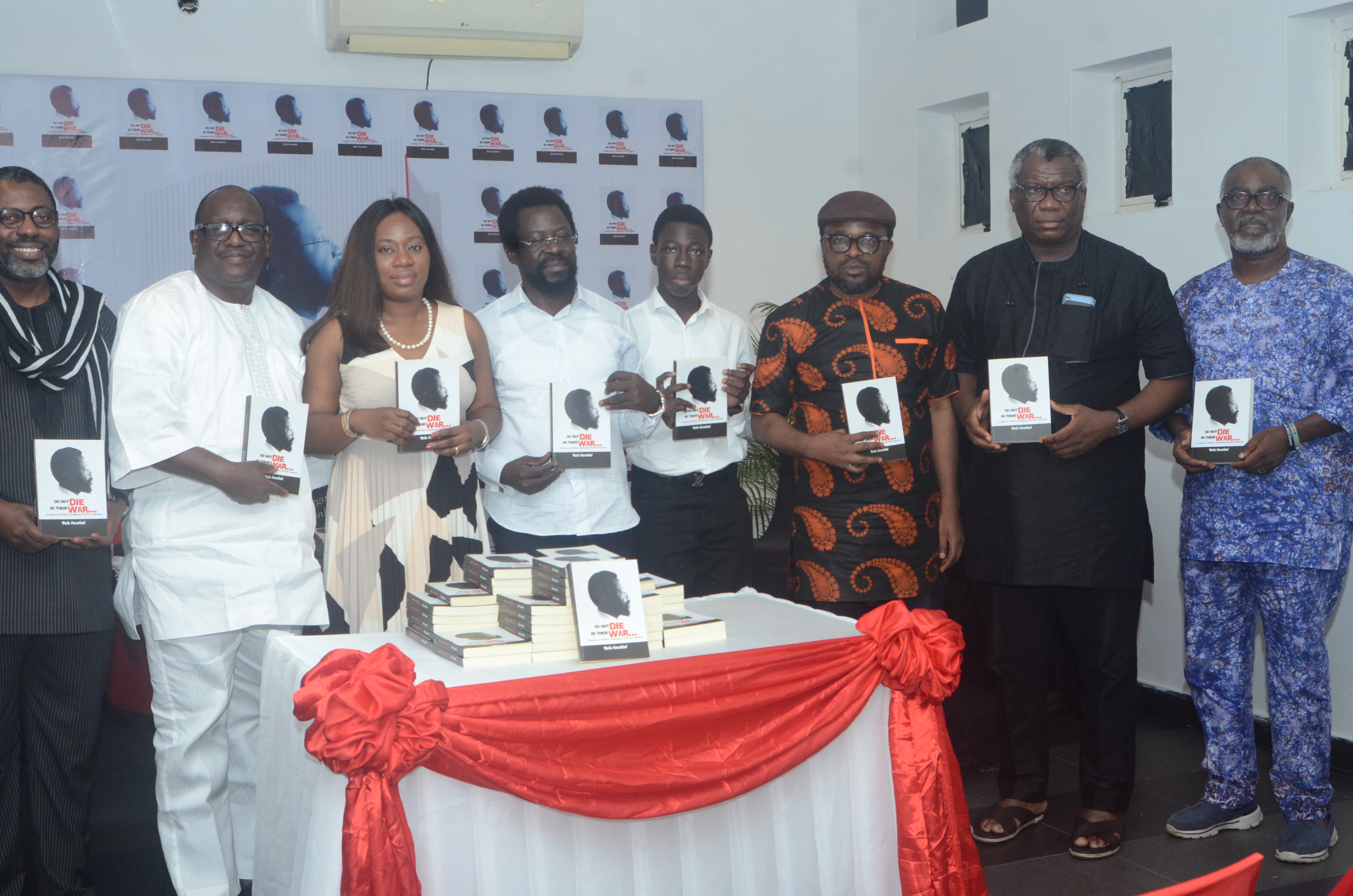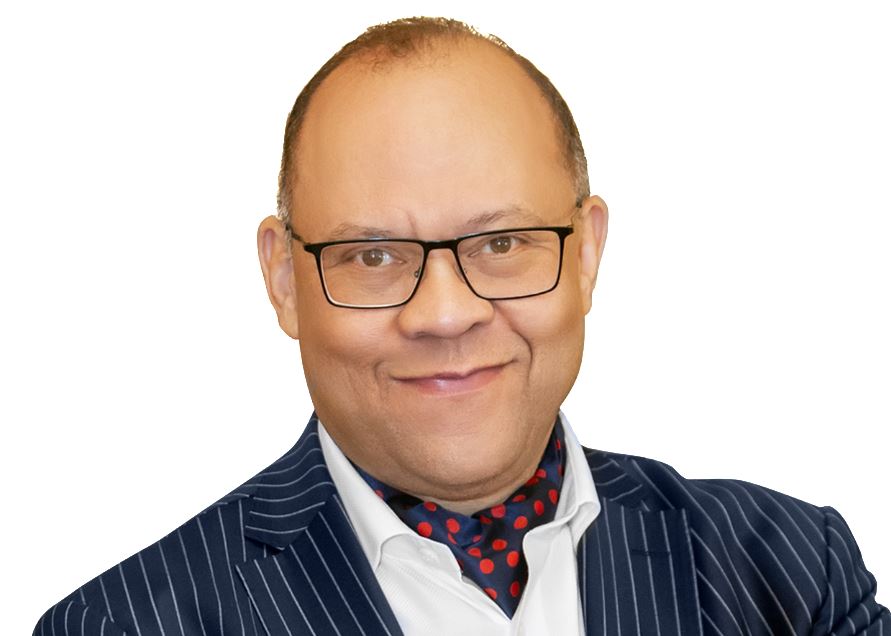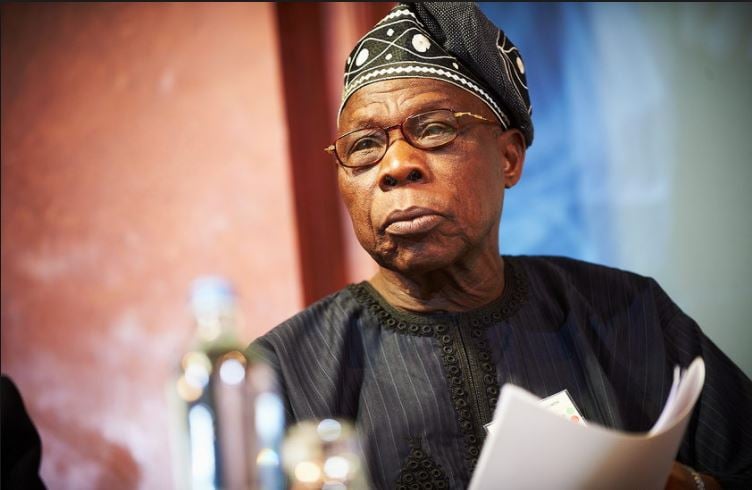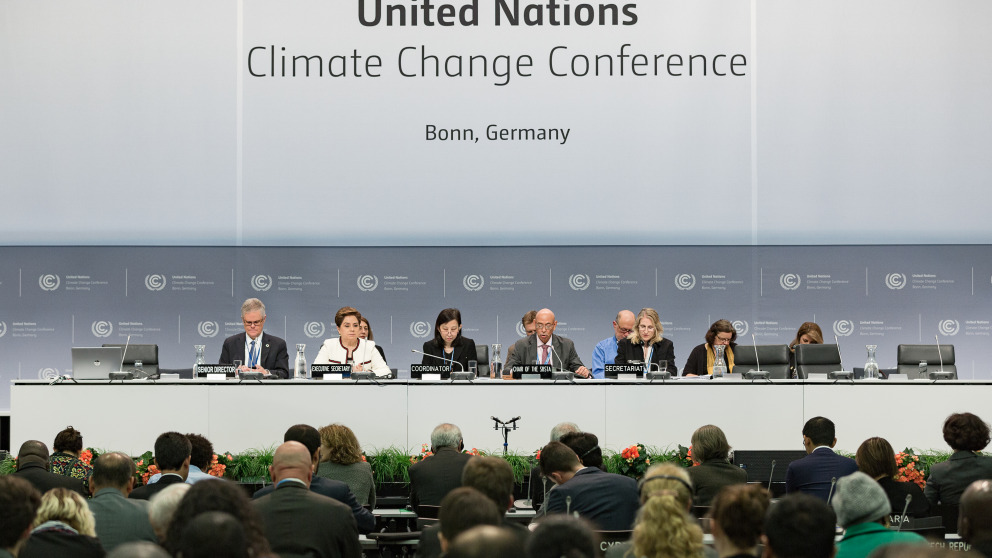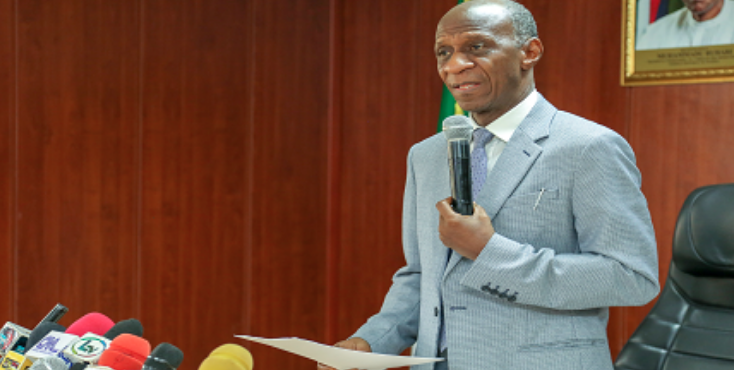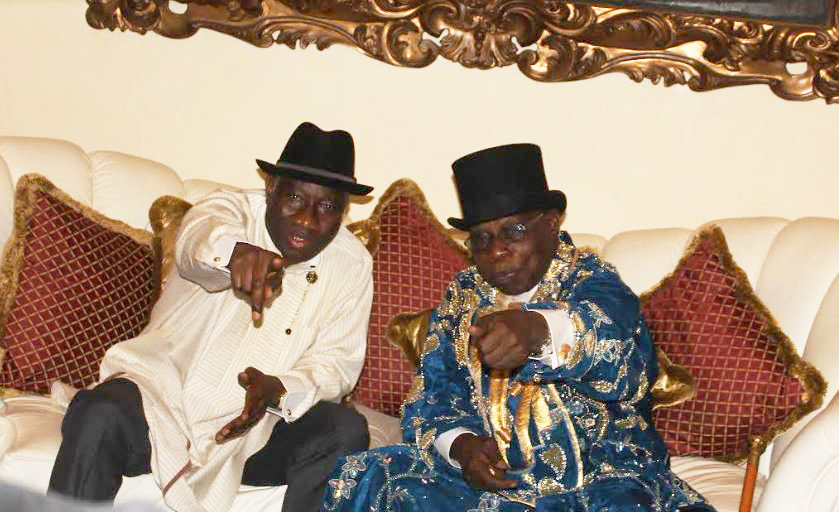BY FEMI ONILEAGBON
Two qualities mark a great man: courage and selflessness. Often we ascribe greatness to the wrong sets of people, using material wealth and social status as criteria. The ones who are deprived of rights and entitlements are usually the ones who set the criteria by which they become slaves to the ‘great ones.’ The saddening aspect of this woeful exercise is that the deprived become the oppressed and end up in a state worse than before. More woeful is the choice of the deprived to die in wars started by the ‘great men’ who sit at home and bark orders to a mass of gun-toting, cutlass-wielding, and charms-trusting youths.
The youths do not accept the real truth about these great men –because they have not been taught; or, have refused to learn. The adults who should teach them have left their memories in the shrine of tokens which in turn takes their abilities to remember as sacrifices. As Fela sang, it isdoublewahala for dead body and its owner. The ungainly bird perches on the rope bringing discomfort to both rope and bird.
And enters Dele Farotimi and Do Not Die in Their War. Like Jesus of the Bible, the author has not come to promote the status quo but to shake the table, causing things that will fall to fall and those that will stand tall to remain standing. In his Introduction to the book ,he says:
I have done enough to believe the book sufficiently ready to be inflicted on others, and for both the informed and the rabbles to dissect my thoughts. I enjoy debate, and it is my intention to provoke the same, but I would not consider my job done if I fail to beam my light ahead. It has pleased the Almighty God, by whatever name you call Him, to grant me a prophetic insight into the land of my birth, and you may go and reread “Do Not Die In Their War”, or argue with yourself. It is time to arm you for what is coming, and the season we are about to enter, but will live through, survive, and thrive in.
Advertisement
Reminiscent of Jesus asking his disciples to buy a sword or two, isn’t it? Consequently, in four explosive chapters, the author proceeds to forcefully bring his reader face to face to what has been forgotten or deliberately pushed into the subconscious –the fact that all is not well with the Nigerian State. The ruling class have become overlords lacking true conscience while the ruled have descended to such a level that all they care about are the few Naira notes that fall from the ruling class.
The book is in two parts with part one having two sections. Section one invites Nigerians to wake up to the fact that they have been dreaming and thus have been living a lie. It exposes the truth of an insincere and burdened system resulting in the birth of a skewed Nationhood, a state in which the rule of violence has swallowed the rule of law like the snake swallowed JAMB funds recently. The results of this incidence are that we have bred injustice and inequality, which in turn, have birthed conflictsand insurgencies.
Section one, which covers four chapters further argues, and convincingly, that the system is crooked; and such a system leads inevitably to the prevalence of bad leadership, the sort of leadership that lacks respect for the constitution and sees it as a burden.
Advertisement
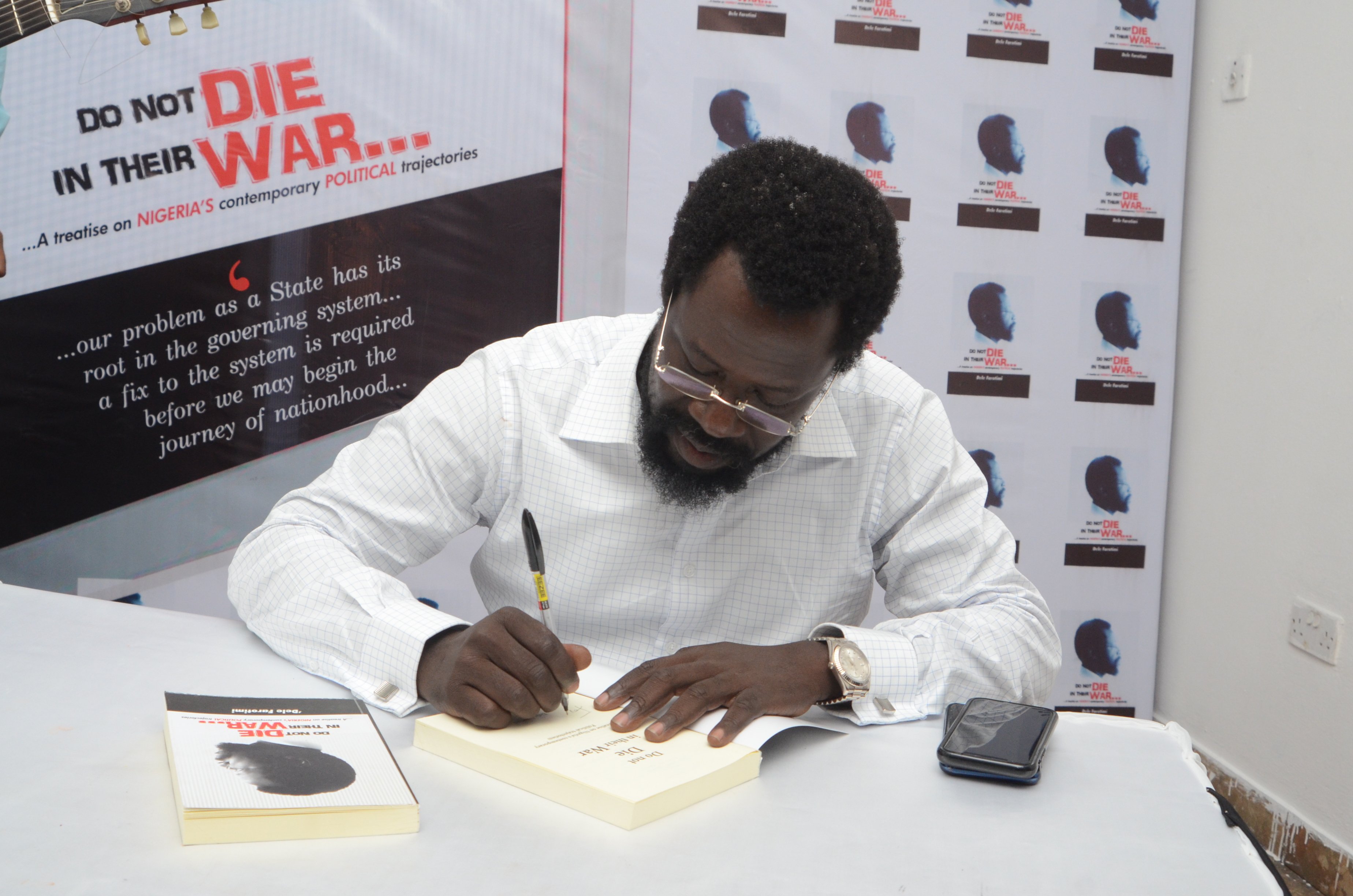
Such a view of the constitution that should guide the ruling of the state causes a collapse of public institutions and soon madness is normalised. Corrupt officials become untouchables because every part of the system is corrupt –judiciary, legislative and executive. Men of questionable qualities suddenly find themselves in places they should not be and having come to realise that they become untouchables by belonging to this party or that, they promote corruption and launch a vicious attack on any who dares to demand accountability.
Truth becomes subjectivised and is based on the point of view of the one who commissions the writing of the story. Poverty and ignorance become weaponised tools to be used like Thor’s hammer against all oppositions. Such a situation, according to the author, birthed the situations that have brought successive governments in and given power to those least qualified to rule a nation as vast and important as Nigeria or force well-meaning politicians to walk in the company of liars and thieves.
In section two of part one, Farotimi focuses on what it means to be a Nigerian citizen and how each one, unless he is in the ruling class, becomes a second-class citizen in his country of birth. He calls for an abrogation of identification of state of origin – a situation that has led to unequal yardsticks and criteria for measuring and evaluating how qualified a person is for a job, position, social welfare package and so on.
Part two section one of Do Not Die In Their War exposes the corruption of the Fourth Estate of the realm, the press. The gatekeeper becomes the one leading the thieves in and paint them as saints after brown envelopes have exchanged hands. The one who gives is given wide coverage and his lies are projected as hallowed truths while the one who refuses to dance to the tune of corruption is either blacklisted or hounded into depression and resignation. The situation is not helped by the idiocy of a middle class that has come to accept lie as truth and truth as lie because of the need (or desperation) to survive.
Advertisement
The author tells his truth however and tells the oppressed that it is up to them to throw off the oppressor. He calls on all, especially those old enough to remember June 12 to remember and revive the rare spirit that bound Nigerians together to vote for one man irrespective of tribe, tongue or religion. The citizens must know the truth and abandon the arrogance of foolish knowledge if really the truth shall set them free.
In part two, section two and three, the author knocks principalities and powers that have brought Nigeria to her knees. Unrepentant, these ones build monuments with public funds and impose their lackeys on the people. He tells of his commitment to see his truth out with a stern warning that all must face his truth if Nigeria is to be free and great again.
To the youths, Farotimi throws the first challenge, read and remember. Read and make a firm decision that ‘it is enough!;’ read and take a stand that you will no longer die in their wars. When the youths take such a stand, no one will dare call or tag them lazy again nor will they need to run to other countries in search of a better life. To everyone, Dele Farotimi says, remember how we started that you may know where we are and how we got there and take timely actions to be in control of where we go next.
Reading Do Not Die In Their War by Dele Farotimi has given me great pleasure and opened my eyes to the truth –we are living a lie and must wake up! I encourage every adult to get a copy for himself and one for every young man or woman in his care. Hopefully at the end of it all, we will be able to stand for the truth and like the author say it. I leave us with the author’s final words in the book:
Advertisement
The Nigeria State or its system has killed better men and women, than myself, but I ask one thing of you, if they come for me, and it pleases God to yielding my life to them, Bury Me Like A Hero. Just as I still listen to the immortal songs of Olufela Anikulapo-Kuti, read my words, preach its messages, let us together rebuild Nigeria.
Bury Me Like A Hero.
Advertisement
Last words
A truly great statesman does not only raise questions, he provides solutions. Dele Farotimi has provided answers to every question he asks in his book. But more than that he gives more, like an elder who tells one story to the children at twilight for having been well-behaved during the day and then gives them a treat of bean cakes for paying attention during the telling of the story. That is what the appendix to the book is. The Proposed Constitution is not intended to replace the Nigerian constitution. No! The current constitution is a great work by great men but there are areas that should, must, be reviewed and adjusted to help Nigeria stand, walk, and run as it should. My advice to political powers is to humbly and diligently consider the words of this Proposed Constitution and use it as a template for reworking the Nigerian constitution.
Advertisement
Onileagbon is the former chairman of Association of Nigerian Authors, Lagos state chapter
Advertisement
Views expressed by contributors are strictly personal and not of TheCable.
Add a comment
